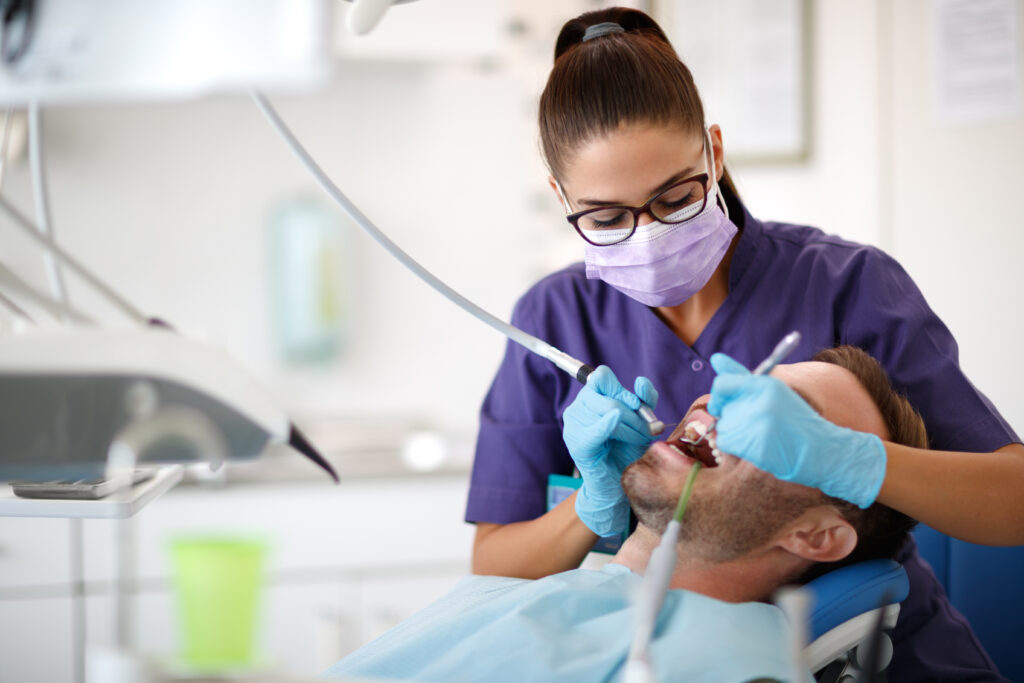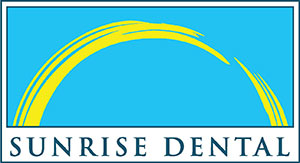Oral Care
Oral Care Routine for a Healthy Smile test
Here’s the truth: good oral care isn’t just about a shiny smile. It’s a critical part of your overall health. The mouth is the entry point to your body’s systems, and when it’s not well taken care of, trouble doesn’t stay confined to your teeth and gums. Conditions like dental decay and periodontal disease don’t just hurt your mouth—they can affect your heart, your blood sugar, even your pregnancy if you’re expecting.
Here’s the upside—you’ve got more control than you think. Brushing, flossing, and keeping those regular dental checkups on the calendar? That’s your best defense. No one’s asking for perfection—just steady effort. The result? Fewer cavities, smaller bills, and a healthier you, mouth to body.
Understanding Oral Hygiene
So what exactly is oral hygiene? Think of it as your daily and professional care routine for keeping your mouth clean and disease-free. That means brushing, flossing, eating well, and visiting your dentist—not just when something hurts, but routinely.
So, why is this such a big deal? Because bacteria don’t hit snooze. Skip the care, and plaque starts piling up. Leave it too long, and that soft film hardens into tartar. Tartar doesn’t just sit pretty—it invites gum disease, and now you’ve got more than morning breath to worry about.
Taking your oral health seriously isn’t just smart—it’s preventive healthcare, plain and simple.
Key Components of Oral Care
Let’s break down the essentials of a solid oral care routine—no fluff, just what works.

Regular Dental Check-ups
A good rule of thumb? See your dentist at least once a year. These visits aren’t just about cleaning; they’re about preventive dental care. Your dentist can catch early signs of dental decay, gum issues, and even oral cancer before they become bigger (and more expensive) problems.
Brushing
Two minutes, twice a day. That’s the minimum. Angle your brush at a 45-degree angle and use small, gentle circles—not like you’re scouring a skillet. And yes, fluoride toothpaste matters. It helps toughen up enamel and keeps decay in check. Small habit, big payoff.
Flossing
You don’t need to love flossing—you just need to do it. Slide the floss gently between your teeth and curve it around each one like a hug. Once a day keeps plaque at bay. If string floss feels awkward, try picks or water flossers. Whatever works
Dietary Practices
What you eat shows up in your mouth. A balanced diet and oral health go hand-in-hand. Limit sugary snacks and acidic drinks. Stick with crunchy fruits and veggies for natural cleaning power, and add in calcium-heavy choices like yogurt or cheese to help keep your teeth strong.
Hydration
Water isn’t just good for your body—it’s great for your mouth. It washes away food particles and keeps your saliva flowing. Saliva, by the way, is your mouth’s natural cleaner. So drink up, especially after meals or snacks.
Mouthwash
It’s not a replacement for brushing or flossing, but mouthwash can help reduce bacteria, freshen breath, and reach spots your toothbrush misses. Look for alcohol-free formulas with fluoride or antimicrobial agents.
Avoiding Tobacco
Let’s keep it simple: tobacco avoidance is one of the best things you can do for your oral (and overall) health. Tobacco’s not just a stain problem—it raises your risk for gum disease, tooth loss, and even oral cancer. The damage runs way deeper than yellow teeth.
Tongue Cleaning
Yes, your tongue matters. Give your tongue a quick cleaning once a day—whether it’s with a scraper or just the back of your toothbrush. Gentle does the trick.
Protective Measures
If you grind your teeth at night—or wake up with a sore jaw—ask your dentist about a night guard. It’s a simple custom appliance that protects your enamel while you sleep.
Improving Oral Hygiene
If your oral care routine feels a little…meh, don’t worry—it’s never too late to upgrade. Start by setting reminders for brushing and flossing. Tuck a travel-sized toothbrush or floss pick in your bag or desk drawer. A little prep makes on-the-go care way easier.
Good habits are easier when they’re part of your lifestyle, not just your to-do list. Tie oral care to something you already do—like brushing right after coffee or flossing while watching TV. Keep it realistic and repeatable.
Benefits of Good Oral Hygiene
So what’s the payoff?
- Preventing cavities and gum disease: No one likes dental pain or surprise bills.
- Systemic health benefits: Clean mouth, healthier heart, better blood sugar control—the science backs it up.
- Boosted confidence: Healthy teeth and fresh breath do wonders for how you feel about yourself.
- Financial savings: Preventive care is cheaper than fillings, crowns, or surgery.
- Long-term quality of life: Less discomfort, fewer emergencies, and more peace of mind.
Good oral health doesn’t just affect your mouth—it echoes throughout your entire body and life.
Your mouth isn’t just a set of teeth—it’s a gateway to your overall well-being. And the daily choices you make have a big impact. So don’t wait until something hurts. Commit to consistent oral care, schedule your dental check-ups, and keep those daily habits strong.
Because a healthy smile is more than cosmetic—it’s a sign that you’re taking care of yourself, inside and out.
